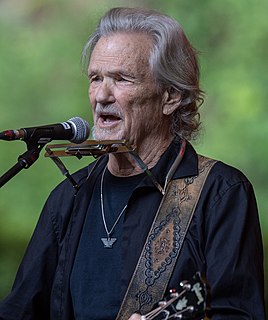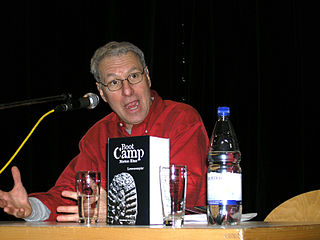A Quote by Sarah Gavron
I was taught nothing about the suffragettes in school. The version I eventually got was mainly about the peaceful campaigning of the constitutional suffragists. Their work was vital, but there was this other, not widely known story of the women who risked everything, who were prepared to break every taboo.
Related Quotes
Alison [McGhee] and I have known each other since the summer of 2001. One evening we were sitting around talking about how we wished we had a good story to work on. Alison said: Why don't we work on a story together? I said: A story about what? And Alison said: A story about a short girl and a tall girl.
I had wanted to make this film [Suffragette] for over a decade. There has never been a cinematic rendition of this story. I had not been taught any of the history of the movement at school, and the version I had gleaned had been the Mary Poppins story of women in large hats, petitioning. There was another version.
I wrote The Jesus Storybook Bible because I wanted children to know the Bible isn't mainly about you and what you're supposed to be doing. It's about God and what he has done. It's the story of how God loves his children and comes to rescue them. It's a Love Story. It's an Adventure Story. And at the center of the story is a baby - the child upon whom everything would depend. And every single story in the Bible whispers his name.
I hope there will be no effort to put up a shaft or any monument of that sort in memory of me or of the other women who have giventhemselves to our work. The best kind of a memorial would be a school where girls could be taught everything useful that would help them to earn an honorable livelihood; where they could learn to do anything they were capable of, just as boys can. I would like to have lived to see such a school as that in every great city of the United States.
You risked your life, but what else have you ever risked? Have you risked disapproval? Have you ever risked economic security? Have you ever risked a belief? I see nothing particularly courageous about risking one's life. So you lose it, you go to your hero's heaven and everything is milk and honey 'til the end of time. Right? You get your reward and suffer no earthly consequences. That's not courage. Real courage is risking something that might force you to rethink your thoughts and suffer change and stretch consciousness. Real courage is risking one's clichés.
All my cuts are always about three hours, at the start, mainly because any scene in the movie that's 90 seconds, I probably shot a five-minute version of. If you just extrapolate that through the whole movie, I have a very long version of every scene, usually because, if there's one funny joke, I'll shoot five because I don't know if the one I like is going to work. I'll get back-ups because my biggest fear is to be in previews, testing the movie, and a joke doesn't work, but I have no way to fix it because I have no other line.
'Heaven's Gate' was based on a true story about the cattle people: the people who had the money turned on the settlers who were in the area. And it was mainly a defense of their behavior. And the cattlemen's association had just about declared war on these people who were poaching cattle, and because they were mainly immigrants.
My parents, grandmother and brother were teachers. My mother taught Latin and French and was the school librarian. My father taught geography and a popular class called Family Living, the precursor to Sociology, which he eventually taught. My grandmother was a beloved one-room school teacher at Knob School, near Sonora in Larue County, Ky.
I was brought up by a Victorian Grandmother. We were taught to work jolly hard. We were taught to prove yourself; we were taught self reliance; we were taught to live within our income. You were taught that cleanliness is next to Godliness. You were taught self respect. You were taught always to give a hand to your neighbour. You were taught tremendous pride in your country. All of these things are Victorian values. They are also perennial values. You don't hear so much about these things these days, but they were good values and they led to tremendous improvements in the standard of living.
Every American should be forced to live outside the United States for a year or two. Americans should be forced to see how ridiculous they appear to the rest of the world! They should listen to someone else's version of themselves--to anyone else's version! Every country knows more about America than Americans know about themselves! And Americans know absolutely nothing about any other country!
That taught me how to work harder. I learned all about mental toughness on the practice field. If things weren't working out for me in high school, in college, early in my pro career, my solution was always to work harder and internalize. That way, whenever I got an opportunity, I was always prepared. See, there are a lot of guys who are all talk. They say they want to work harder and be the best, but they never pay the price. I love paying the price.




































